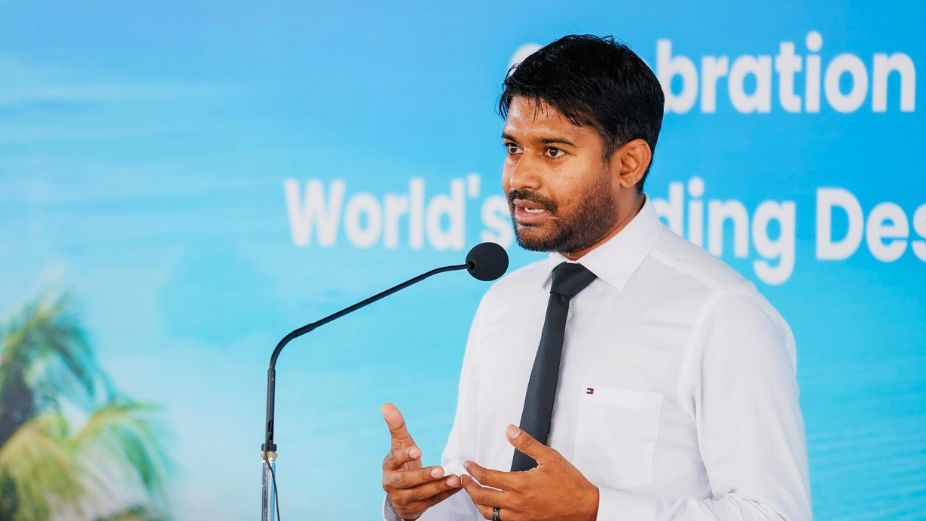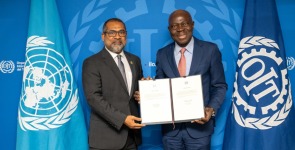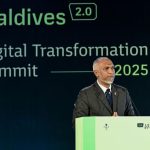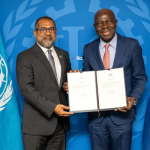
The Maldives Marketing and Public Relations Corporation (MMPRC) has revealed plans to reduce its expenditure on international tourism fairs by 30% this year, marking a shift in its approach to promoting the country’s tourism sector. The announcement, made by MMPRC’s Managing Director Ibrahim Shiuree, was shared in an interview with state media.
Traditionally, MMPRC has committed a large portion of its budget to attending travel and tourism fairs globally. However, Shiuree pointed out the need for a strategic overhaul, explaining that in previous years, as much as 80% of the corporation’s budget had been dedicated to these events. Shiuree’s announcement reflects an adaptive response to the evolving landscape of global tourism, where digital and virtual engagement platforms are increasingly becoming the norm.
Instead of the traditional fairs and events, the corporation will launch a rebranded roadshow, ‘Maldives Week,’ designed to offer a more interactive experience. Additionally, MMPRC intends to incorporate virtual activities and explore broader international collaborations. The new approach will feature programmes involving international celebrities and global ambassadors. This move is likely aimed at tapping into the global fan base of these personalities to boost the Maldives’ visibility on international platforms, potentially reaching new demographics and markets.
MMPRC is also set to implement a range of other promotional activities throughout the year, aimed at maintaining and growing the country’s appeal as a premier tourist destination. As part of its broader strategy for 2025, the corporation will seek to adapt its marketing efforts to meet the changing demands of the global tourism market.
The Maldives has consistently been one of the world’s leading destinations, particularly noted for its luxury resorts and unique environmental offerings such as unparalleled marine biodiversity. However, the tourism sector, which is a cornerstone of the Maldivian economy, faces challenges including climate change impacts and the need for sustainable tourism practices. The strategic shift by MMPRC could be seen as an attempt to address these challenges by diversifying promotional efforts and reducing dependency on traditional, high-cost marketing channels.
The success of these new initiatives will largely depend on how effectively MMPRC can engage with new and existing markets through these innovative channels while maintaining the high standards of tourism that the Maldives is known for. The collaboration with stakeholders in the tourism sector, as acknowledged by MMPRC, will be crucial in executing these plans and aligning them with broader governmental goals for tourism, particularly in achieving the set targets for tourist arrivals.











